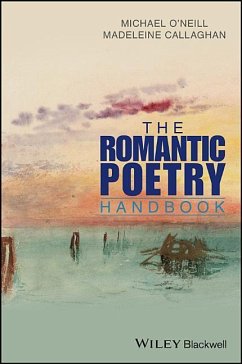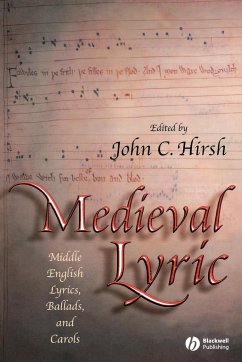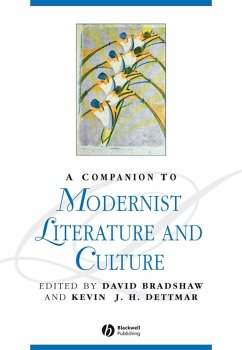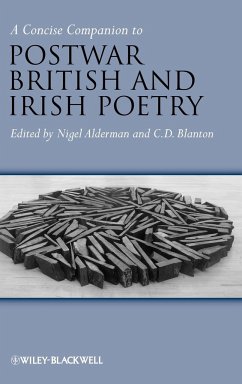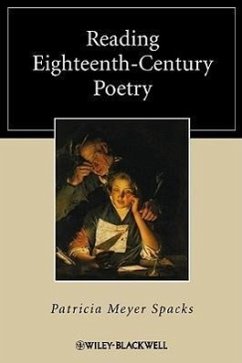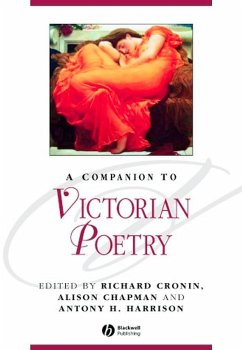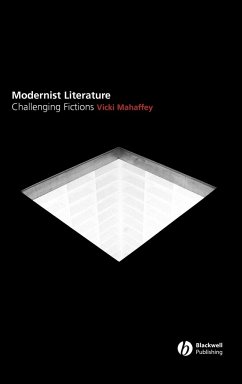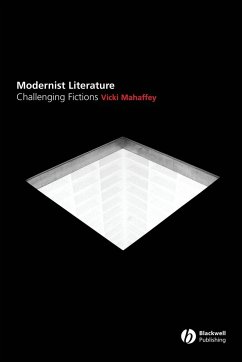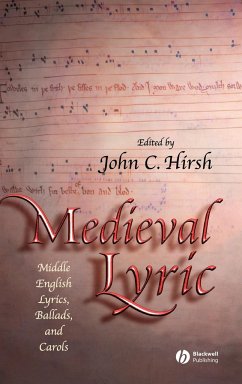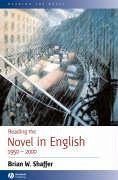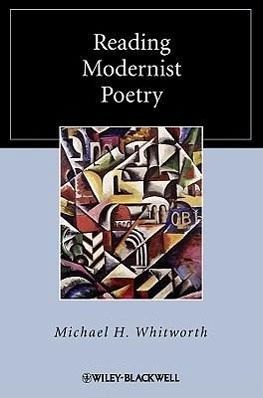
Reading Modernist Poetry

PAYBACK Punkte
22 °P sammeln!
This essential guide to modernist poetry enables readers to make sense of a literary movement that is considered to be difficult and intimidating. Through close examination of poems by T. S. Eliot, Ezra Pound, W. B. Yeats, and others, the book examines the literary forms and structures, and wider cultural context for modernist poetry, as well as the ideological implications of subject matter, and key techniques, such as diction, rhythm, and allusion. Readers are encouraged to engage with the texts, to form their own interpretations, and to understand that the difficulty of modernist poetry ...
This essential guide to modernist poetry enables readers to make sense of a literary movement that is considered to be difficult and intimidating. Through close examination of poems by T. S. Eliot, Ezra Pound, W. B. Yeats, and others, the book examines the literary forms and structures, and wider cultural context for modernist poetry, as well as the ideological implications of subject matter, and key techniques, such as diction, rhythm, and allusion. Readers are encouraged to engage with the texts, to form their own interpretations, and to understand that the difficulty of modernist poetry is used to create meaning. Reading Modernist Poetry demonstrates that the ambiguities of the text do not necessarily need to be resolved in favour of one interpretation or another. Rather, readers are encouraged to move away from the question of what a poem says in favour of considering what a poem does.




